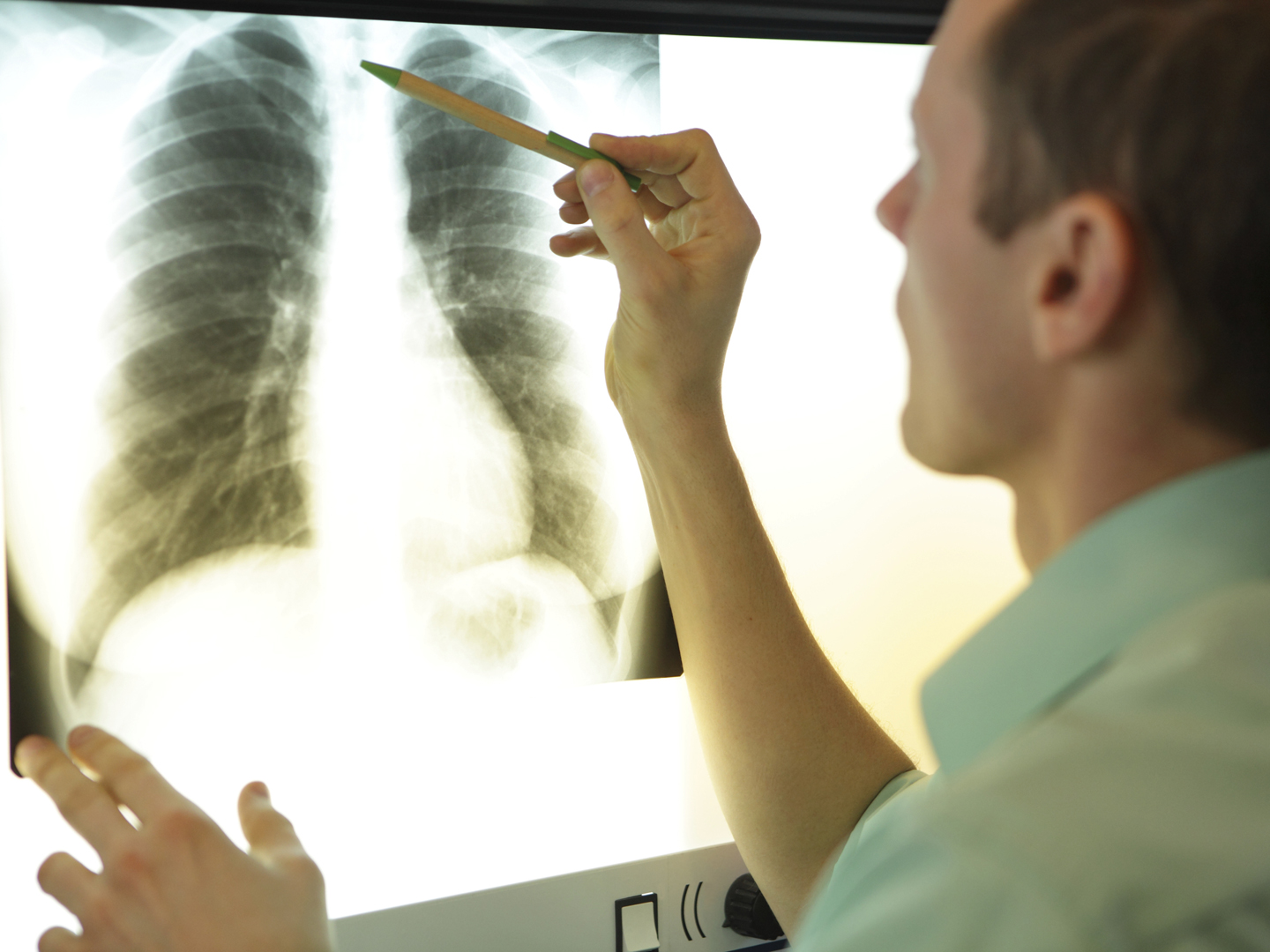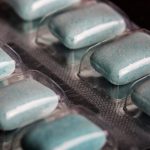Undoing Lung Damage?
How bad can emphysema be? I just found out I have it. I am 20 years old, and I am a smoker.
Andrew Weil, M.D. | September 27, 2002

Emphysema is a very serious lung disease, but it is quite unusual to develop it at your age. If you haven’t already, I would suggest getting a second opinion to make sure your diagnosis is correct. Your best bet would be to get an evaluation by a pulmonary specialist, who can check for an inherited cause of emphysema known as Alpha-1 Antitrypsin (AAT) deficiency. Lack of this protein can result in early-onset emphysema, usually between ages 20 and 40; the effects are significantly worsened by smoking. A simple blood test can determine whether you have this genetic abnormality. If so, treatment is replacement therapy to raise the level of the missing protein enough to slow the progression of the lung disease. Unfortunately, the treatment is not curative, which is why smoking cessation is a must. If you have ATT deficiency, smoking may shorten your lifespan by as much as 10 years.
On its own, cigarette smoking is the most common cause of emphysema in older people. Components of tobacco smoke appear to trigger the release within the lungs of chemicals that damage the walls of the air sacs (alveoli). As a result, the sacs no longer have the same ability to bring oxygen from the lungs into the bloodstream. Over time, damage to the air sacs worsens, leading to shortness of breath, a chronic cough and wheezing. Other symptoms may include anxiety, fatigue, weight loss, and eventually loss of mobility.
If you do have emphysema, the best thing you can do for yourself is to stop smoking immediately, which can prevent lung damage from worsening. Emphysema is typically treated with bronchodilators and corticosteroids to improve breathing. Your physician may also recommend that you use low-flow oxygen when you’re exercising or if you have breathing problems at night or suggest pulmonary rehabilitation to improve your tolerance for exercise. Beyond that, treatment options are few. Lung transplants are available for those with severe disease. Lung reduction surgery to remove damaged portions of the lung and allow normal parts to expand more fully is under study; I do not recommend it at this time.
Here are some suggestions to protect your lungs from further damage:
- Take antioxidant vitamins and minerals.
- Take a daily supplement of coenzyme Q10 supplement (CoQ10), which can improve the use of oxygen at the cellular level. Take 60 mg twice a day of the softgel form, which is best absorbed when taken with a meal containing some fat.
- Take the Chinese medicinal mushroom cordyceps, which may be useful in chronic lung disease. Look for capsules of cordyceps extract and follow the dosage directions on the product label.
- Increase your dietary sources of carotenes, such as carrots, sweet potatoes, yellow squash and leafy green vegetables. Do not take straight beta-carotene supplements, however, as in smokers they may increase the chances of other lung problems. Your best bet is the mixed carotenoids found in these foods.
- Get regular exercise to build up your stamina. However, make sure your doctor approves before you begin an exercise program.
- Maintain normal weight. If you’re overweight, your heart has to work harder, and you’re more likely to experience shortness of breath. If you’re underweight, you will have lower energy stores to draw from.
- Try to avoid exposure to air pollution, which can worsen emphysema symptoms. Stay indoors when ozone levels are unhealthy and pollution levels are high.
- See your doctor promptly if you develop a cold or the flu, both of which can worsen symptoms. Be sure to get flu shots annually and ask your physician about being vaccinated against pneumococcal pneumonia.
Andrew Weil, M.D.











